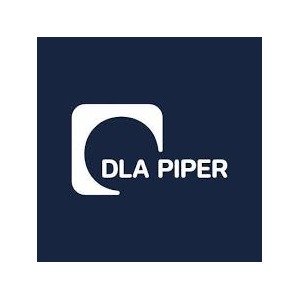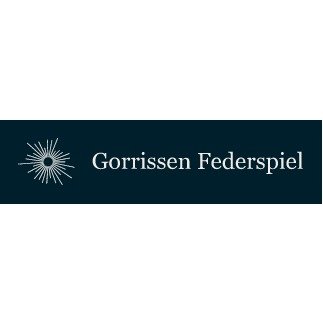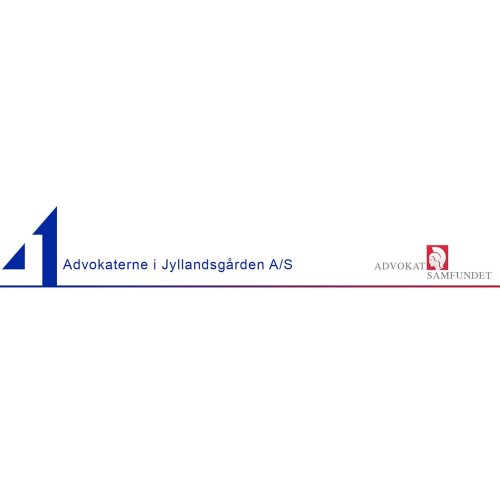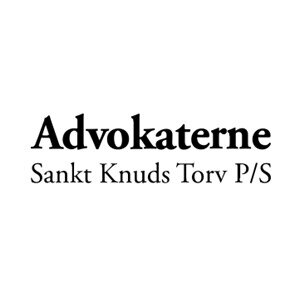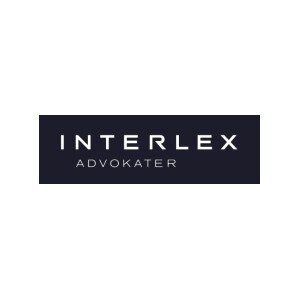Best Sustainable Finance Lawyers in Aarhus C
Share your needs with us, get contacted by law firms.
Free. Takes 2 min.
List of the best lawyers in Aarhus C, Denmark
About Sustainable Finance Law in Aarhus C, Denmark
Sustainable finance refers to the integration of environmental, social, and governance (ESG) considerations into financial services and investment decisions, promoting long-term value creation for both investors and society. In Aarhus C, Denmark, sustainable finance is becoming increasingly important as both public and private sectors prioritize sustainability and climate action. The city, known for its commitment to green initiatives and innovation, is an emerging hub for sustainable financial activities, including green bonds, ethical investing, and responsible lending. Local businesses and investors are recognizing the value of aligning with Denmark’s long-term sustainability goals and complying with growing regulatory demands at both national and EU levels.
Why You May Need a Lawyer
Sustainable finance can be complex, involving multifaceted legal regulations and standards. You may require legal assistance in situations such as:
- Ensuring compliance with Danish and EU sustainable finance regulations, including the EU Taxonomy Regulation and Sustainable Finance Disclosure Regulation (SFDR)
- Structuring green bonds, loan agreements, or ESG-focused funds
- Navigating corporate reporting requirements on sustainability and climate-related disclosures
- Reviewing contracts and investments for ESG alignment
- Dealing with legal issues arising from greenwashing or misrepresentation of sustainability claims
- Resolving disputes related to sustainability commitments or financial products
- Helping startups and established companies with ESG strategy integration
- Advising public sector entities on sustainable finance tools for funding projects in Aarhus C
A qualified lawyer can help you understand legal obligations, reduce risks, and ensure that your sustainable finance activities are compliant and effective.
Local Laws Overview
Denmark, as a member of the European Union, aligns its sustainable finance legal framework with key EU regulations, but there are also national and municipal considerations, especially in progressive cities like Aarhus C.
- EU Taxonomy Regulation: Establishes criteria for determining whether an economic activity is environmentally sustainable.
- SFDR (Sustainable Finance Disclosure Regulation): Requires financial market participants and advisers to disclose sustainability-related information to investors.
- Corporate Sustainability Reporting Directive (CSRD): Expands reporting requirements on sustainability for companies within Denmark.
- National Climate Law: Denmark’s national law mandates ambitious reductions in greenhouse gas emissions, influencing financial sector activities.
- Municipal Initiatives: Aarhus C supports local green investments and climate adaptation projects, often with additional guidelines or funding schemes.
- Anti-Greenwashing Rules: Strict consumer protection rules in Denmark target misleading sustainability claims and advertisements.
- Public Procurement Regulations: Local authorities, including in Aarhus C, must consider sustainability in public spending and contracts.
It is important to be aware of how local and national regulations intersect with broader EU requirements, as compliance is essential for legally sound sustainable finance activities.
Frequently Asked Questions
What is sustainable finance and why is it important?
Sustainable finance merges financial decision-making with environmental, social, and governance (ESG) factors to support long-term positive outcomes for society and the planet. It is crucial for responding to climate change, protecting investors, and promoting financial stability.
Are there specific sustainable finance laws in Aarhus C, Denmark?
Most regulations come from the EU and apply nationwide in Denmark, yet Aarhus C often implements additional sustainability initiatives and incentives through municipal programs.
What EU regulations apply to sustainable finance in Denmark?
The EU Taxonomy Regulation, SFDR, and CSRD are the primary EU rules influencing sustainable finance in Denmark, including Aarhus C.
Do individuals or only companies need to comply with sustainable finance laws?
Although most regulations directly target financial institutions and companies, individual investors and smaller businesses should also be aware of relevant obligations, especially if participating in green investments or responsible purchasing.
What is greenwashing and how can legal advice help prevent it?
Greenwashing refers to misleading claims about the environmental benefits of a product or investment. A lawyer can review communications and contracts to ensure they comply with Danish advertising and consumer protection laws.
How do I know if my investment is truly sustainable?
Review the investment’s sustainability disclosures and ensure they align with official regulations, such as the EU Taxonomy. Legal professionals can assist in analyzing the documentation for compliance and accuracy.
Can start-ups receive sustainable finance support in Aarhus C?
Yes, many municipal and national programs in Aarhus C provide incentives and support for green start-ups and sustainable business models.
Are there local grants or tax advantages for sustainable projects in Aarhus C?
Aarhus municipality and national agencies often run schemes supporting sustainable projects, sometimes including grants or preferential procurement processes for green solutions.
What are my reporting obligations as a business owner?
Many businesses must disclose sustainability and ESG information under both national Danish rules and the EU’s CSRD. The specific requirements depend on your business size and sector.
When should I consult a lawyer about sustainable finance in Aarhus C?
Consult a lawyer at the early planning stage of any sustainable finance project, when undergoing regulatory changes, before public communications about sustainability, or if you face any legal uncertainties or disputes.
Additional Resources
For further guidance on sustainable finance in Aarhus C, Denmark, consider these key resources:
- Finanstilsynet (The Danish Financial Supervisory Authority): Regulates financial activities in Denmark and provides compliance guidance on sustainable finance.
- Danish Business Authority (Erhvervsstyrelsen): Offers information about sustainability reporting obligations for businesses.
- Aarhus Municipality Sustainability Portal: Lists local climate initiatives and opportunities for green business support within Aarhus C.
- Confederation of Danish Industry (DI): Supports businesses with sustainability integration and compliance.
- Legal advice centers and law firms specializing in ESG: Many firms in Aarhus C and nationwide focus on sustainable finance law.
Next Steps
If you need legal advice regarding sustainable finance in Aarhus C, start by gathering relevant documentation about your activities, plans, and any sustainability claims. Identify whether you are affected by EU and Danish sustainable finance rules. Contact a lawyer or legal advisor with expertise in sustainable finance and ESG regulations. It is best to consult a professional early, particularly if you are structuring sustainable financial products, preparing for ESG reporting, or rolling out sustainability communications. Stay informed about updates in local and EU regulations, and participate in relevant industry or municipal events for ongoing support.
Lawzana helps you find the best lawyers and law firms in Aarhus C through a curated and pre-screened list of qualified legal professionals. Our platform offers rankings and detailed profiles of attorneys and law firms, allowing you to compare based on practice areas, including Sustainable Finance, experience, and client feedback.
Each profile includes a description of the firm's areas of practice, client reviews, team members and partners, year of establishment, spoken languages, office locations, contact information, social media presence, and any published articles or resources. Most firms on our platform speak English and are experienced in both local and international legal matters.
Get a quote from top-rated law firms in Aarhus C, Denmark — quickly, securely, and without unnecessary hassle.
Disclaimer:
The information provided on this page is for general informational purposes only and does not constitute legal advice. While we strive to ensure the accuracy and relevance of the content, legal information may change over time, and interpretations of the law can vary. You should always consult with a qualified legal professional for advice specific to your situation.
We disclaim all liability for actions taken or not taken based on the content of this page. If you believe any information is incorrect or outdated, please contact us, and we will review and update it where appropriate.



